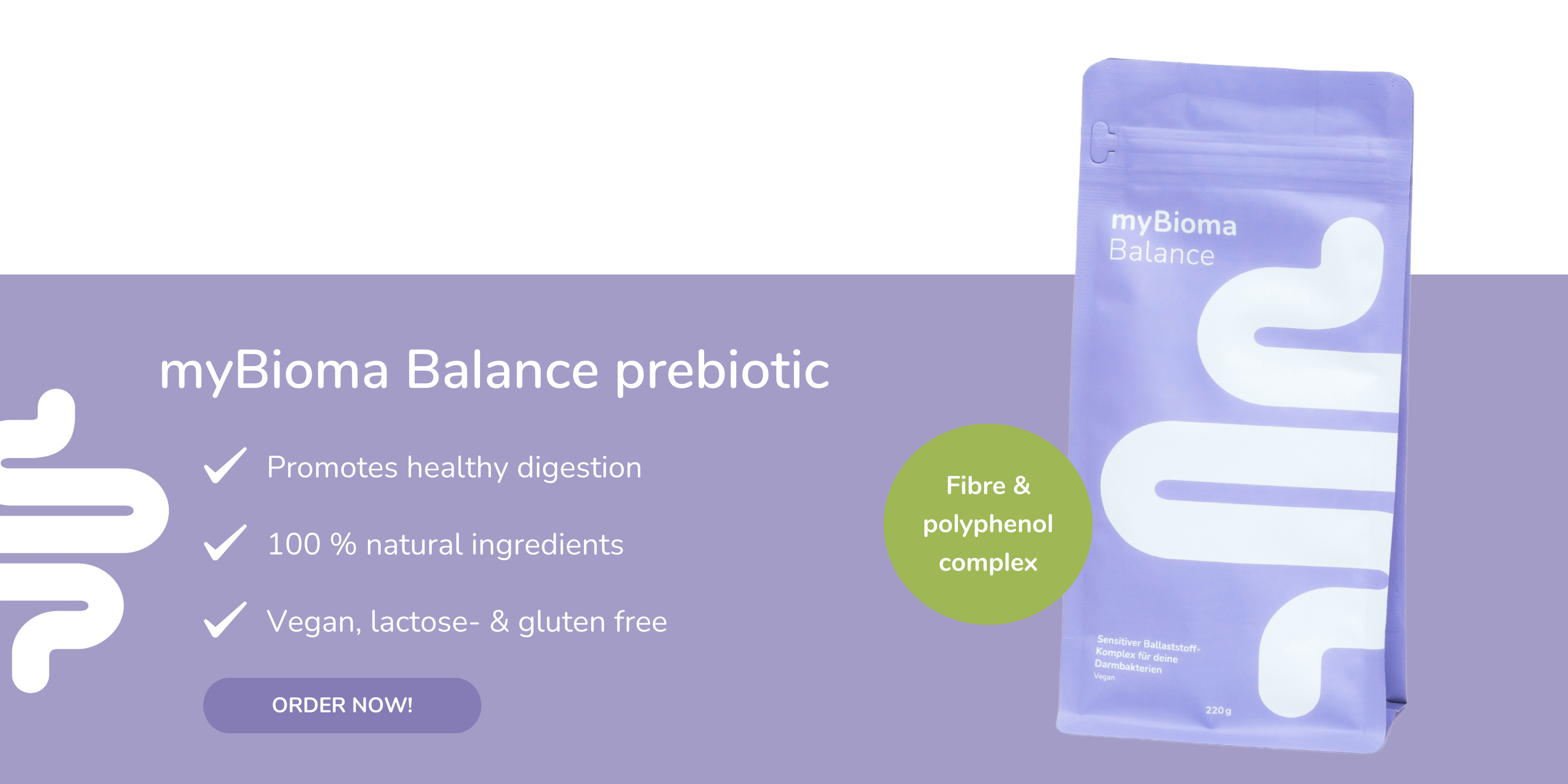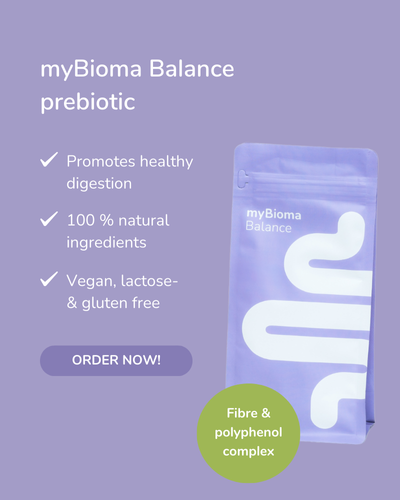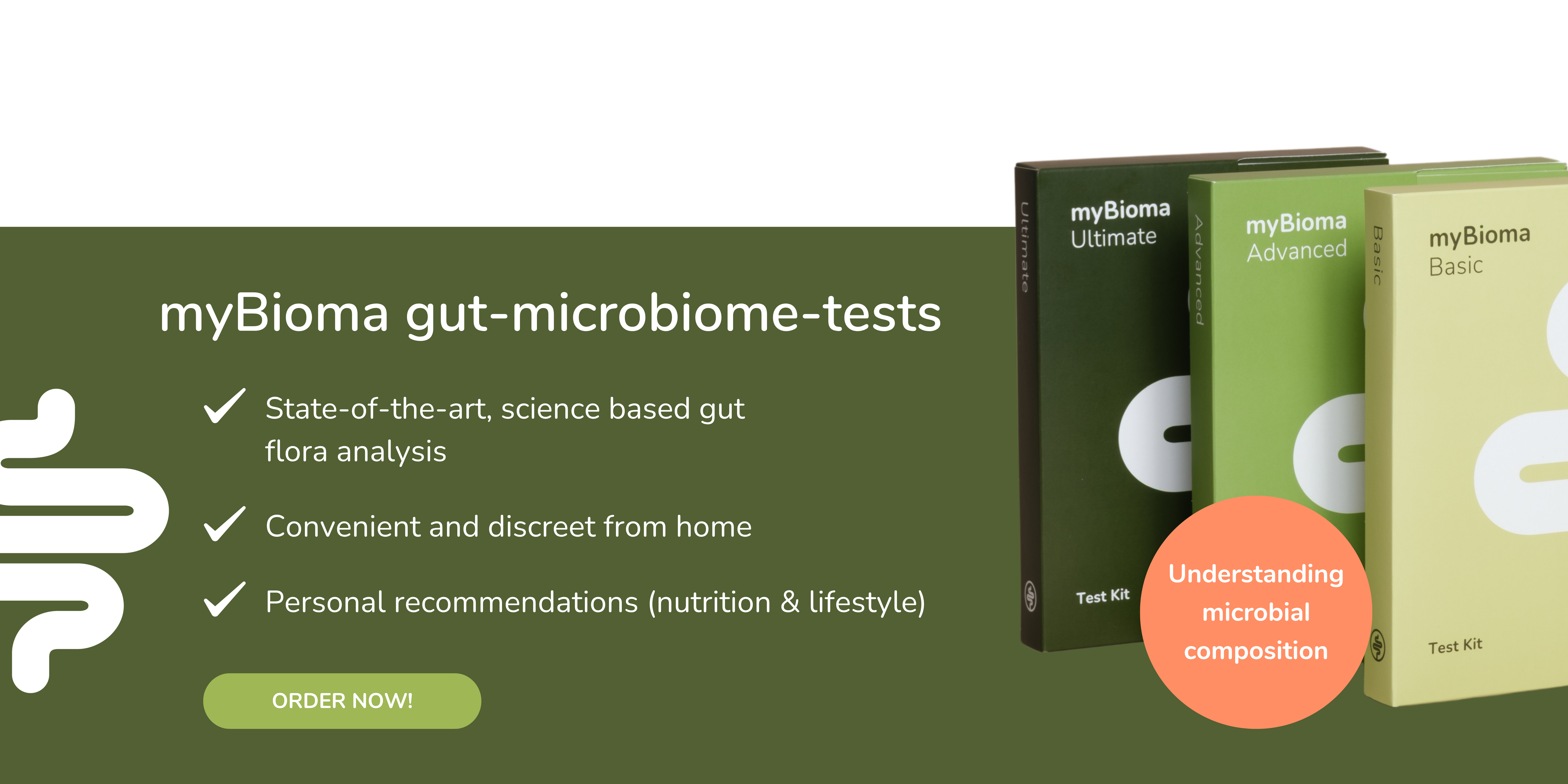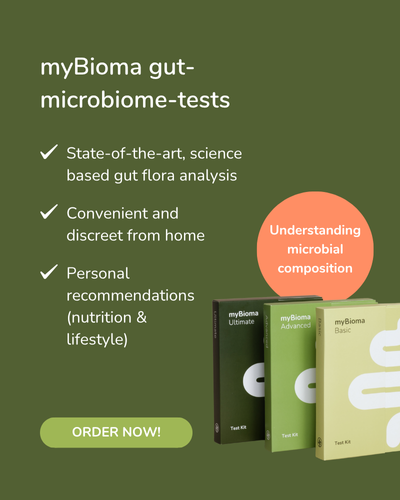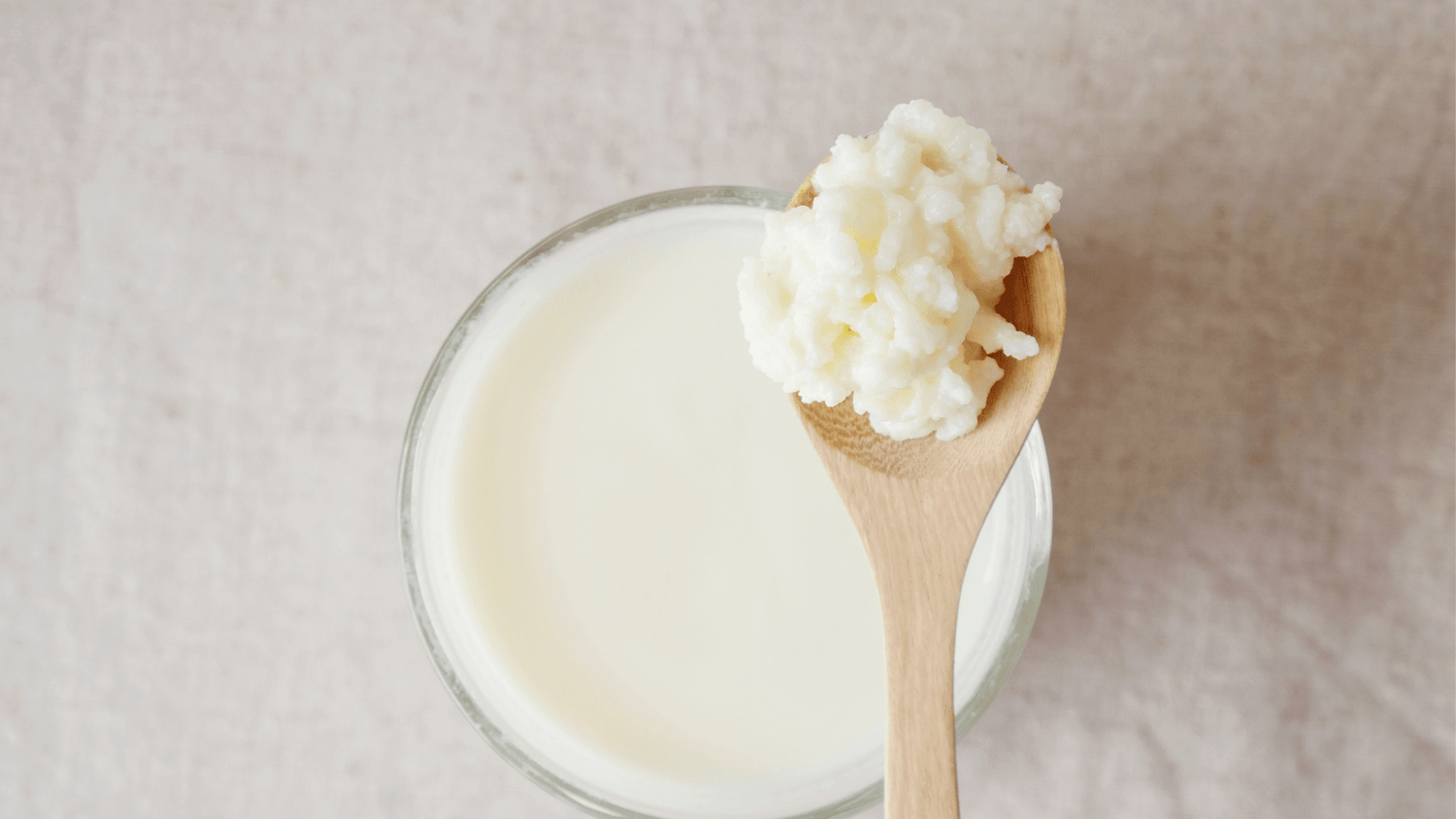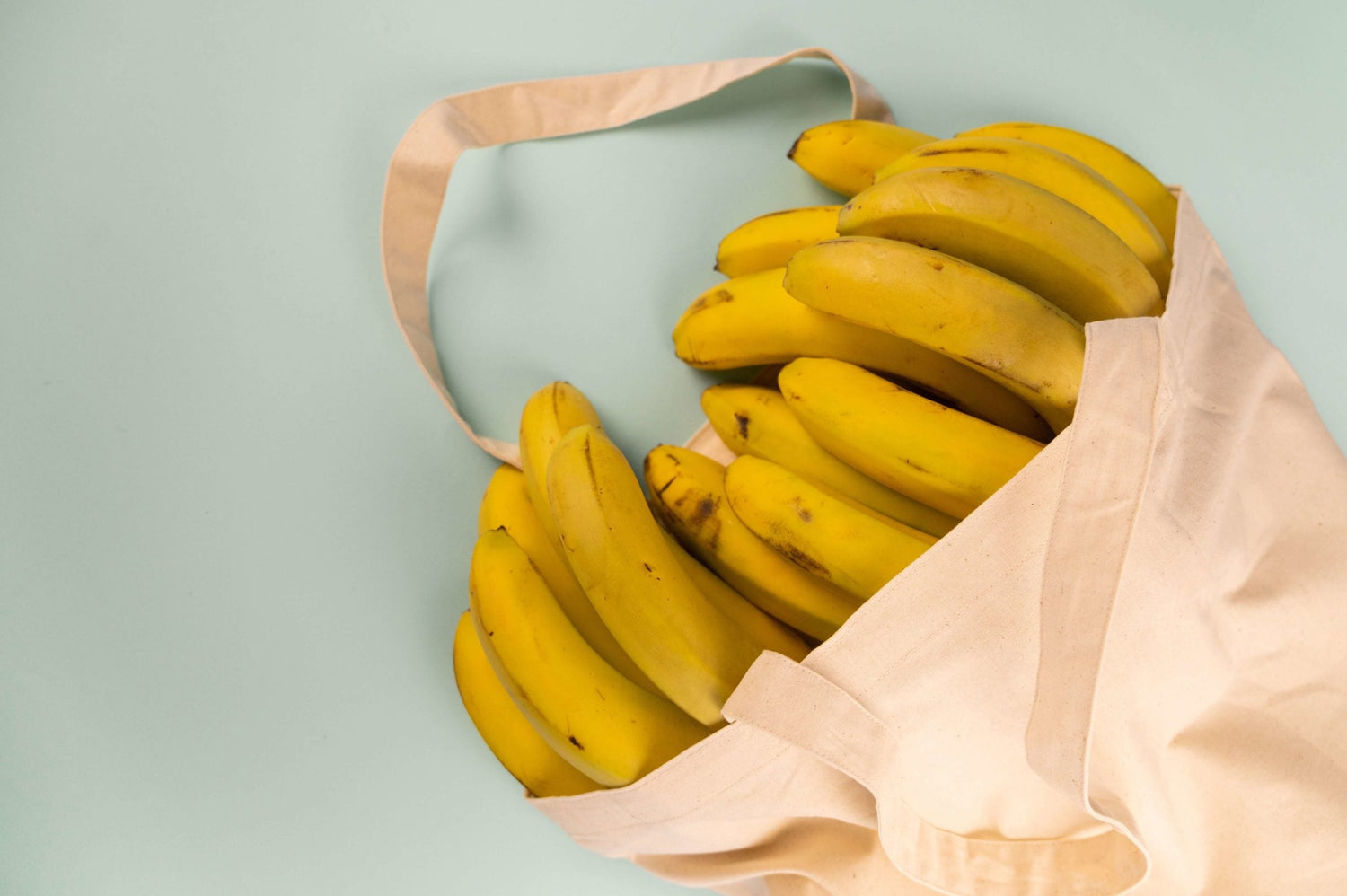Sweet potatoes : Most of us know them, but hardly anyone realises that these tubers, which are also nutritious for our microbiome, are not actually potatoes at all. The sweet potato is only distantly related to the normal potato, which belongs to the nightshade family. It offers different nutrients compared to the normal potato and has a different effect on blood sugar (glycaemic index).
The sweet potato belongs to the bindweed family and contains large amounts of vitamin A as well as antioxidants and is rich in fibre. Eating the tuber can prevent digestive problems such as diarrhoea and constipation or irritable bowel syndrome and promote good intestinal health.
This is how nutritious sweet potatoes are
Both the red and purple varieties of sweet potato are rich in vitamin A and antioxidants, which help to counteract cell damage caused by free radicals in the body.
Free radicals are unstable molecules that can damage DNA and cause inflammation. Free radical damage has been linked to chronic diseases such as cancer, heart disease and aging. Therefore, eating antioxidant-rich foods is highly recommended.
Studies have shown that antioxidants, which are increasingly found in purple sweet potatoes, promote the growth of healthy gut bacteria, such as certain Bifidobacterium and Lactobacillus species.
Increased presence of these species in the gut is associated with better gut health and a lower risk of conditions such as irritable bowel syndrome and infectious diarrhoea.

Sweet potatoes also come in different varieties!
How healthy sweet potatoes are for your gut
Not only the antioxidants, but also the fiber contained in sweet potatoes are beneficial for our intestines.
Dietary fibre in sweet potatoes:
The tubers contain two types of fiber: soluble and insoluble. Since our body cannot digest either type, they remain in the digestive tract.
Certain types of soluble fibres - so-called viscous fibres - absorb water and make our stools soft. In contrast, non-viscous, insoluble fibres do not absorb water, but add bulk and thus increase stool volume. The combination of the two dietary fibres can prevent constipation.
You may be wondering whether sweet potatoes can have a laxative effect not only as a preventative measure, but also directly in the case of constipation? Yes, sweet potatoes can alleviate constipation and facilitate bowel movements thanks to the soluble and insoluble fibre they contain.
Some soluble and insoluble fibers can also be fermented by the bacteria in our colon, producing compounds called short-chain fatty acids. These are of utmost importance for our intestinal mucosa in order to keep it healthy and avoid a “holey” intestine (leaky gut).
Additionally, high-fiber diets (20-33g per day) have been associated with a lower risk of colorectal cancer.
How easily digestible are sweet potatoes?
When cooked, the tuber contains easily digestible carbohydrates, which also do not have as strong an effect on blood sugar as normal potatoes due to the fibre they contain. Normally, sweet potatoes are well tolerated and can be easily digested.
If you have a very irritable stomach or intestines or suffer from flatulence, check for yourself whether the sweet potato is good for you. Reactions to certain foods can be very individual. Trust your gut feeling after eating.
Do you want to do something good for your gut and don't know how? We have a delicious recipe with sweet potatoes for you:
Heavenly sweet potato porridge with berries

Our sweet potato porridge provides you with enough energy and healthy carbohydrates for an active start to your day!
Porridge is a quick and delicious breakfast idea that can also be made vegan and gluten-free. You will need:
Ingredients
-
150g sweet potato
-
40g (gluten-free) oat flakes
-
5g flax or chia seeds
-
Water or (vegetable) milk
-
100g berries (fresh or frozen)
-
50g (soy) yogurt
-
Cinnamon
-
Fresh vanilla
-
Extras: nuts, pistachios, almond butter,
Peanut butter, a little lemon juice if you like or, in winter, gingerbread spice

The warm porridge gives you a cosy, warm breakfast
Preparation
For the porridge:
-
Mix the oat flakes and flaxseeds in a pot
-
Then pour the water or milk over it so that it covers the above mixture. Depending on the desired consistency, either creamy or a little more liquid, you can always add a little liquid afterwards for the latter.
-
Now let the whole thing slowly boil up and down. But be careful not to let the stove get too hot to avoid burning.
-
Finally, mix in a pinch of cinnamon (and gingerbread spice if desired).
For the sweet potato:
-
Cut the 150g into quite small pieces.
-
I steam the sweet potato pieces using an insert that you can put in normal pots and then fill with boiling water underneath. Put the lid on and everything works pretty quickly until the sweet potato pieces are cooked through. Alternatively, you can simply boil everything in hot water.
Arrange
-
Put the porridge in a bowl together with the sweet potato pieces. Garnish with yogurt, berries, nuts and anything else you like.
-
Be creative: Of course, you can also use apple pieces or banana slices for this.
Still hungry for another sweet potato recipe? Maybe our recipe for baked sweet potatoes with chickpeas and a tahini-yoghurt sauce is just the thing for you!

As Hippocrates used to say: "Let food be your medicine and medicine be your food!"
We wish you a good appetite and a good start to an active day! Your microbiome will thank you!
Find out more about the composition and current state of the bacteria in your gut and test your microbiome .

Our modern gut microbiome analysis , which can be conveniently performed from home.
References
- https://de.wikipedia.org/wiki/S%C3%BC%C3%9Fkartoffel
- https://www.healthline.com/nutrition/sweet-potato-vs-potato#glycemic-index
- https://www.healthline.com/nutrition/sweet-potato-benefits#section2
- Composition and Physicochemical Properties of Dietary Fiber Extracted from Residues of 10 Varieties of Sweet Potato by a Sieving Method; Xin Mei, Tai-Hua Mu, and Jun-Juan Han; Journal of Agricultural and Food Chemistry 2010; 58 (12), 7305-7310; DOI: 10.1021/jf101021s
- Understanding the Physics of Functional Fibers in the Gastrointestinal Tract: An Evidence-Based Approach to Resolving Enduring Misconceptions about Insoluble and Soluble Fiber; McRorie, Johnson W. et al.; Journal of the Academy of Nutrition and Dietetics, Volume 117, Issue 2, 251 – 264
- Short-Chain Fatty Acids and Human Colonic Function: Roles of Resistant Starch and Nonstarch Polysaccharides; David L. Topping and Peter M. Clifton; Physiological Reviews; 2001; 81:3, 1031-1064
- Dietary fiber and prebiotics and the gastrointestinal microbiota; Hannah D. Holscher; 2017; Gut Microbes, 8:2, 172-184, DOI: 10.1080/19490976.2017.1290756
- https://www.newswise.com/articles/high-fiber-diet-keeps-gut-microbes-from-eating-the-colon-s-lining-protects-against-infection-animal-study-shows



